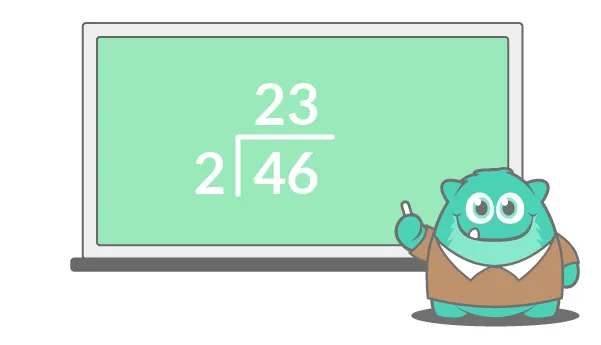Don’t get me wrong, anyone with an elementary education can count as high as their heart desires — or until they realise the futility of the task or life in general. The real challenge is to understand what those big numbers mean.
For example, we know that a million, a billion and a trillion are massive numbers — but most people have a hard time understanding how significant the difference is between them.
It’s a little easier to understand this in terms of time.
1 million seconds is 11 and 1/2 days
1 billion seconds is to 31 and 3/4 years
1 trillion seconds is 31,710 years
Unless you are one of those people that math textbooks talk about — the kind that purchases hundreds of watermelons so that kids can practice their algebra — you aren’t dealing with big numbers daily.
Even from an evolutionary perspective, our palaeolithic ancestor did not have to worry about large numbers … or numbers. Early humans only really needed to get a basic sense of small batches of quantities, like the number of people in the clan, or how many animals might occupy a certain area or other cavemanly concerns.
We managed to get better at counting (again, shoutout to the people buying those watermelons, couldn’t have done it without you) but big numbers still baffle us.
Despite this cognitive set-back, we are surrounded by ginormous numbers every day and are expected to make sense of it. Be it the latest pandemic figures, budget proposals by your government, the latest news, scientific research and other things that we pretend to read and understand to sound smart.
Now, this would be a great and useful post if it was about how to _really _understand big numbers.
But it’s not.
It’s to help you realise how much you suck at understanding big numbers.
#big-data #statistics #psychology #math #analytics #data-science
